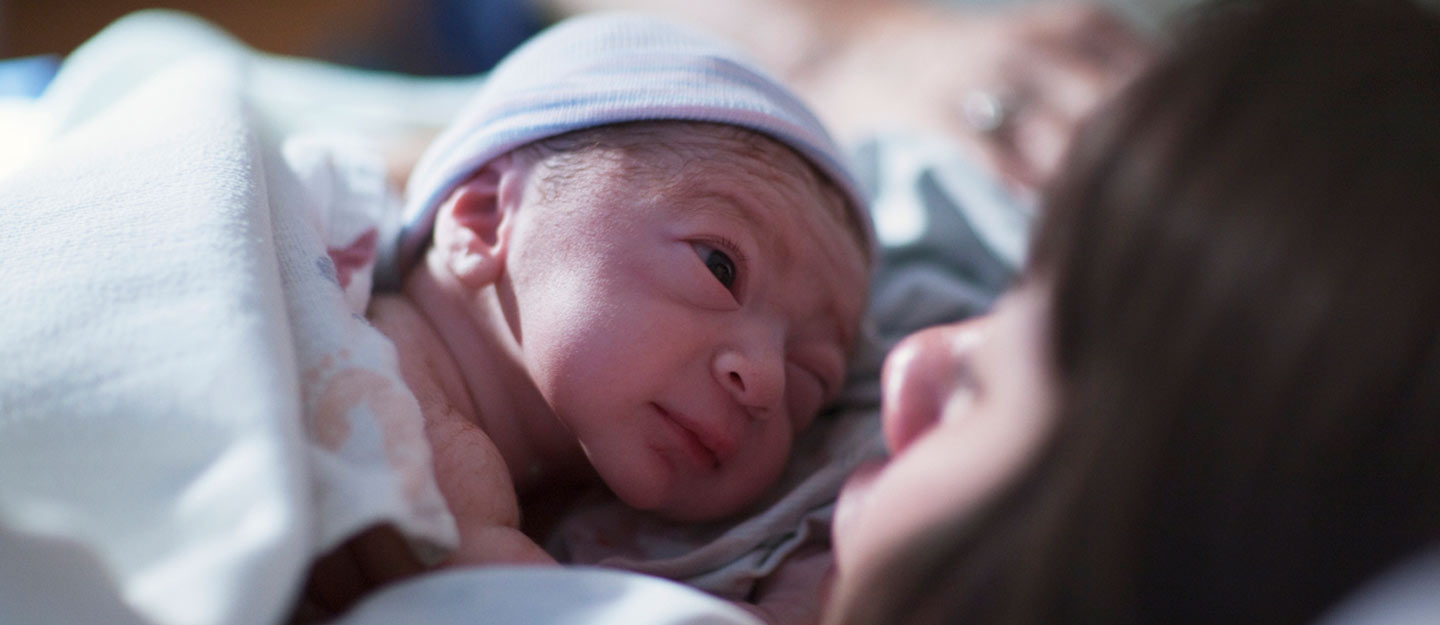Throughout your pregnancy, you have likely undergone a number of tests to ensure that your baby is healthy and that their growth is on track. You’ve peed in a hundred cups, had your belly covered in goo more than a dozen times, and likely been stuck with about one too many needles.
So now that baby has made his or her big arrival, you may think the tests are behind you. However, there are some conditions that may have been hiding throughout your pregnancy that are still difficult or impossible see with the naked eye. That’s why states have set up some mandatory screenings, or tests, that they do within the first day or two of your baby’s life. Early detection can often prevent lifelong illness, learning delays, and even death.
So between the snuggles you’re giving your little one, your healthcare provider will run some easy tests that will ensure the health of your newest love. There are only three of them here in Michigan and they’re all rather simple:
Newborn Blood Screening
It is required that all healthcare providers draw a sample of your baby’s blood and make six small blood smears on a pre-made card. Once dry, they are sent in to be tested for over 50 disorders such as hypothyroidism, cystic fibrosis, or sickle cell disease. If your baby’s test returns abnormal, it doesn’t mean there is an issue, it just means that your physician will likely want to do further testing. Early detection of these disorders allows parents to take preemptive treatment, which can prevent further issues in their baby’s life.
This test will already be on hand if you are giving birth in a hospital, or your midwife may provide it to you. You can also order a test strip online for home births by visiting www.michigan.gov/nbsorders. Remember, early detection equals early treatment, which saves hundreds of lives a year in the state of Michigan alone.
Screening for Critical Congenital Heart Disease
About one in every hundred babies born has some sort of a heart defect, and of those babies, about one quarter will be diagnosed with Critical Congenital Heart Disease (CCHD). Babies diagnosed with CCHD have a heart or blood vessels that did not develop correctly in utero and need immediate treatment. Due to this risk, the state of Michigan requires that every newborn be tested for CCHD before being discharged from the hospital. Babies are screened with a simple and painless test called a pulse oximetry. A sensor is connected to baby’s right hand and one foot and it detects the amount of oxygen in the baby’s blood.
If baby’s pulse oximetry test comes back abnormal, it does not mean your baby has CCHD, but it does give doctors reason to do further testing to ensure that your baby is healthy and safe before leaving the hospital. Further testing can include measures like an ultrasound of your baby’s heart. This very early detection saves lives by making healthcare providers able to treat infants before they start exhibiting the symptoms of CCHD, which can be very dangerous and even life-threatening.
Hearing Test
Without the hearing tests performed by your healthcare provider, it can be nearly impossible to detect the symptoms of hearing loss for months or even years after your baby’s birth. During that time, baby will have missed critical time learning that could cause speech delays in the years to come. That’s why it has been mandated by states to have hearing tests done on all newborn infants. Luckily, these tests are fast, harmless, and can even be done while your baby is sleeping. Your baby will have one or both of these tests done to ensure they do not have any hearing impairment:
- Automated Auditory Brainstem Response: For this test, your healthcare provider will place electrodes on your baby’s head to measure how their hearing nerve response when sounds are played in their ears.
- Otoacoustic Emissions: This test is done when a small probe is placed just within your baby’s ear canal and measures the echoes produced when exposed to different sounds.
Between one and three babies out of every one thousand born, have some form of hearing impairment. It can go undetected for many years as babies may still startle at sounds and react to different noises, but still may not be getting the exposure to language their little brains need to develop correctly. With early detection, parents can take active measures to ensure their children’s needs are met and their development stays on track.
If you believe your newborn is missing any of these screenings, contact your healthcare provider immediately to ensure your little one is safe, healthy, and on track.
These state screenings are essential in providing early detection and early treatment, so be sure you ask your healthcare provider about them shortly after your baby makes his or her grand entrance!





